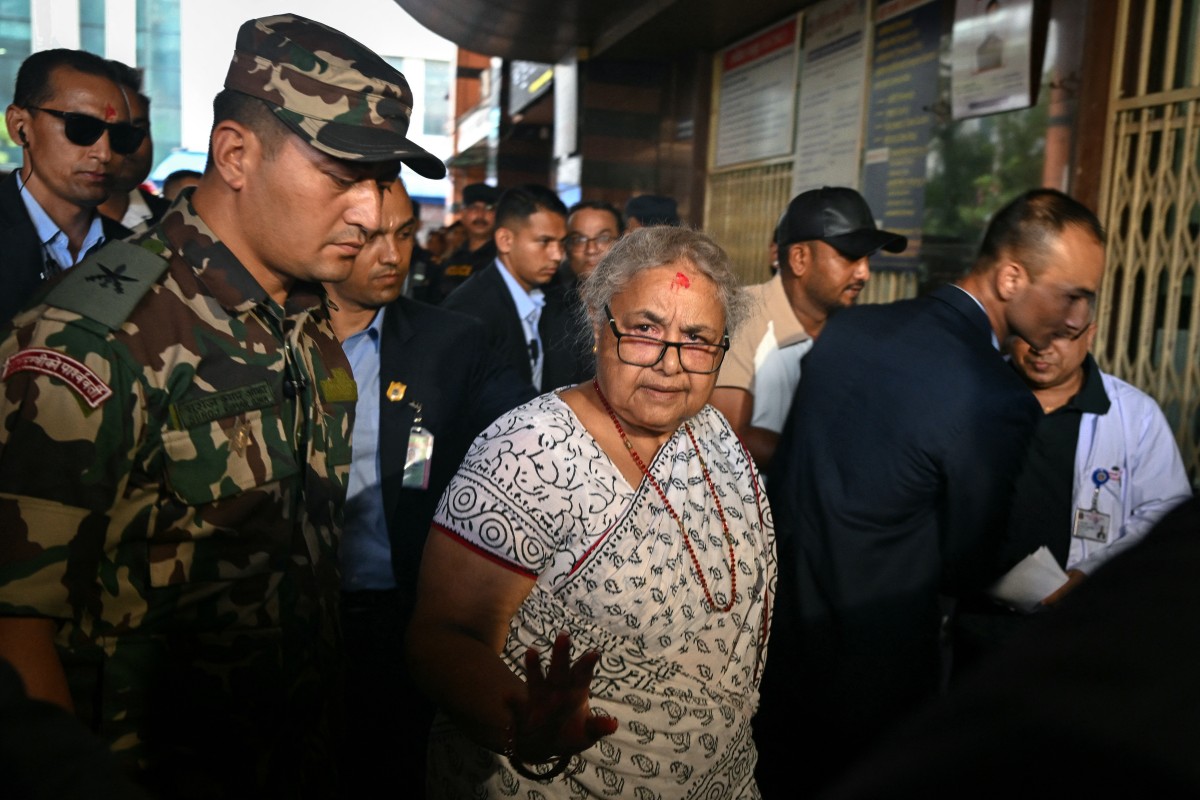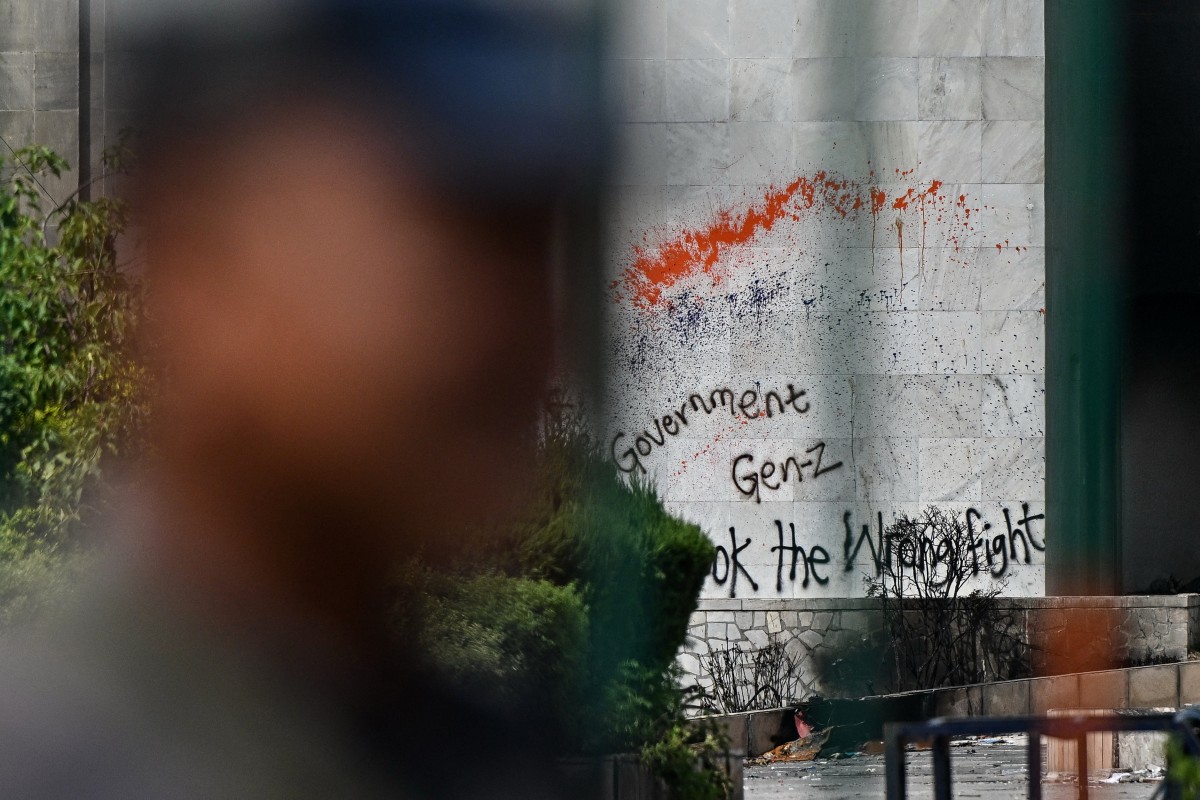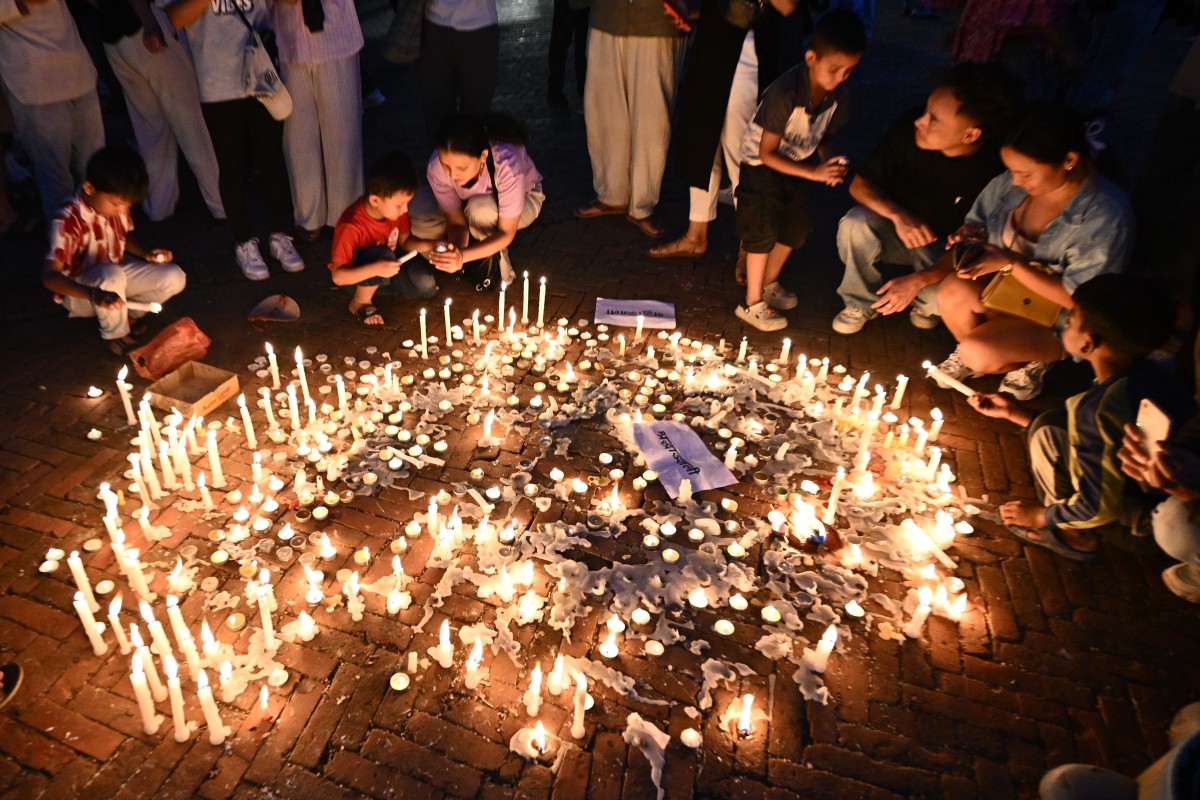
By Agence France-Presse
Nepal’s newly appointed Interim Prime Minister began work on Saturday by visiting young protesters wounded in the deadly anti-corruption rallies that ousted her predecessor.
Sushila Karki, the 73-year-old former chief justice, was tasked a day earlier with restoring order and addressing protesters’ demands for a corruption-free future ahead of elections in six months.
She has not spoken publicly since being appointed late on Friday but started her work to restore government by meeting some of the scores wounded in hospital.
Protests began on Monday and quickly escalated, with parliament and key government buildings set ablaze, as they fed into long-standing economic woes in Nepal.
At least 51 people were killed in the worst unrest since the end of a decade-long civil war and the abolition of the monarchy in 2008.
The capital, Kathmandu, took a step back towards normality on Saturday, as a curfew was eased and daily life returned—with markets opening, traffic returning, and families visiting temples.
Soldiers scaled back their presence on the streets, where they had been deployed in large numbers since the protests.
“We don’t know what will happen in the future now, but we are satisfied today,” said Durga Magar, a 23-year-old Kathmandu shopworker.
A fifth of people in Nepal aged 15-24 are unemployed, according to the World Bank, with GDP per capita standing at just $1,447.

‘Turning point’
The appointment of Karki, known for her independence, came after intense negotiations by Army chief General Ashok Raj Sigdel and President Ram Chandra Paudel, including with representatives of “Gen Z,” the loose umbrella title of the youth protest movement.
Thousands of young activists had used the Discord app to debate the next steps and to name Karki as their choice of next leader.
Parliament was dissolved and elections set for March 5, 2026, shortly after she was appointed. International rights groups issued a joint statement calling for the new administration to end the “impunity of the past.”
“Nepal is at a turning point, where the hard work of securing human rights for all could be built upon or sent into reverse,” Amnesty International’s Isabelle Lassee said as part of the statement.
For many Nepalis, Karki’s appointment carried both symbolic weight and the promise of change.
“Nepal has got its first woman prime minister,” said Suraj Bhattarai, 51, a social worker, adding he hoped she would “take good governance forward”.
Magar, the young shopworker, said corruption was the main issue. “It doesn’t matter whether it is Gen Z or anyone older in politics who tackles it,” she said. “It just needs to stop.”

‘Musical chairs’
Regional leaders congratulated Karki. Prime Minister Narendra Modi said India supported “the peace, progress, and prosperity” of Nepal.
Bangladesh’s Nobel-winning Muhammad Yunus, who is also an interim leader running the country since a 2024 revolution until elections next year, said Karki took over at a “critical” time but backed her “able leadership”.
Huge challenges remain. Rooting out endemic corruption will be no easy task, while more than 12,500 prisoners who escaped from jails during the chaos are on the run and present a daunting security headache.
For many, Karki marks a break from the revolving door of prime ministers who fuelled public anger with endless political horse-trading.
KP Sharma Oli, the 73-year-old leader of the Communist Party, quit as prime minister on Tuesday, ending his fourth term in the post. His whereabouts are not known.
“They were playing a game of musical chairs,” said Kathmandu entrepreneur Shikhar Bajracharya, 32. “There was no possibility for younger people to come into power.”
